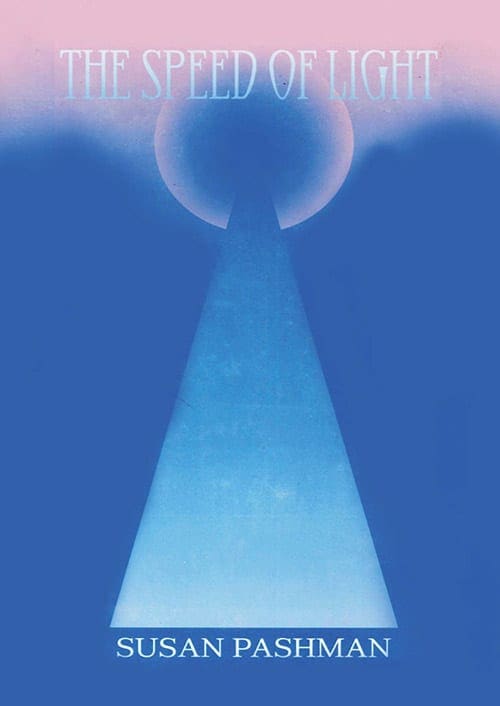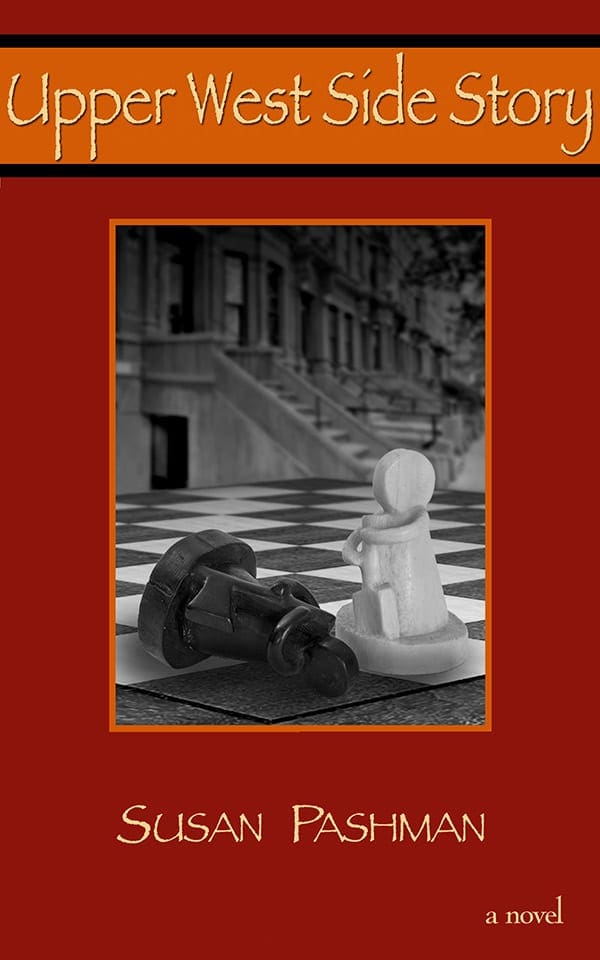FICTION: THE SPEED OF LIGHT
THE SPEED OF LIGHT. 1997, THE PERMANENT PRESS.
 I had just left my law office and was settling into life in the historic whaling village of Sag Harbor, waiting to see what would happen. I was open to anything and eager to discover where my curiosities would take me.
I had just left my law office and was settling into life in the historic whaling village of Sag Harbor, waiting to see what would happen. I was open to anything and eager to discover where my curiosities would take me.
I joined a book club and, soon after, a writers group. I had written a few humorous pieces for the local paper, but the writers in my group were all reading chapters from their novels-in-progress. I was terrified.
On a visit to New York, I dined with an old friend, a famous ophthalmologist, who told me I had plenty to write a novel about. “Write about me,” he said. “I’m a very interesting person.”
In my book club, I had just finished reading James Salter’s Light Years, and had fallen deeply in love. I adored Salter’s indescribable style. Even more, I was moved to tears by his stoic, yet mournful, approach to his subject: our helplessness before the passage of time. As I soon discovered, this is always Salter’s subject. I became convinced that it is the only subject worth writing about, the only subject that I, in the midst of a profound life change, could care about.
After dinner with my ophthalmologist friend, I realized that he was right: He was, himself, a Salter character. He enjoyed one of the best lives I knew of, and so was forever saddened by the certainty of its brevity. I tried, as I began writing The Speed of Light, to channel Salter, his powerful metaphors, his spare style. Of course, I am no James Salter, but I continued to hear echoes of his language throughout the writing of this, my very first effort at fiction. Over and over, I read through my work, removing unnecessary words, shaving down the language to bare essentials.
 Yom Kippur is the Jewish holiday best suited to the central idea of this book, the unstoppable passage of time, the inevitability of regret,the need for redemption. On Yom Kippur, during the year I spent writing this book, I found in the prayer book, a piyyut, a poem, apparently commissioned by a wealthy congregant long ago. I wept as I read it, so perfectly did it state my theme. I copied it down and found a way to put it into the book:
Yom Kippur is the Jewish holiday best suited to the central idea of this book, the unstoppable passage of time, the inevitability of regret,the need for redemption. On Yom Kippur, during the year I spent writing this book, I found in the prayer book, a piyyut, a poem, apparently commissioned by a wealthy congregant long ago. I wept as I read it, so perfectly did it state my theme. I copied it down and found a way to put it into the book:
“And remember that the companionship of Time is but of short duration. It flies more quickly than the shades of evening. We are like a child that grasps in his hand a sunbeam. He opens his hand soon again but, to his amazement, finds it empty and the brightness gone.”
After the book’s publication, I was again dining with my ophthalmologist friend, David, in the dining room of the National Arts Club where he was, of course, a member. Another friend of mine was there with us and asked David how it felt to be the main character in a novel, a character, moreover, who dies somewhat hideously in the end.
“Well,” replied David philosophically, “it’s probably my best hope of immortality.
REVIEWS FOR THE SPEED OF LIGHT
“With the wry, subtle style of Jane Austen, Katherine Mansfield and Mary McCarthy, Susan Pashman examines the intense drama that occurs between human beings who, for all their intimacy, couldn’t be further apart. Their drama is frightening not because we know it so well but because no one is strong enough to withstand its sight for too long. Susan Pashman’s gaze is at once humorous, tactful and lyrical–but it is, as is anyone’s who wields a scalpel into the human heart, quite ruthless, the way only love and friendship can be ruthless.” Andre Aciman, author of Out of Egypt, and Call Me By Your Name.
“A precise and troubling portrait of a smug and cultured man who doesn’t recognize his own despair…A vivid cautionary tale about the seductions and emptiness of a life in which conquest stands for love.” – Kirkus Reviews
“An earnest, meticulously observed character study. As a novel of Upper East Side Jewish manners from the 1950’s to the present, Pashman’s debut has telling scenes that ring absolutely true.” – Publishers Weekly



